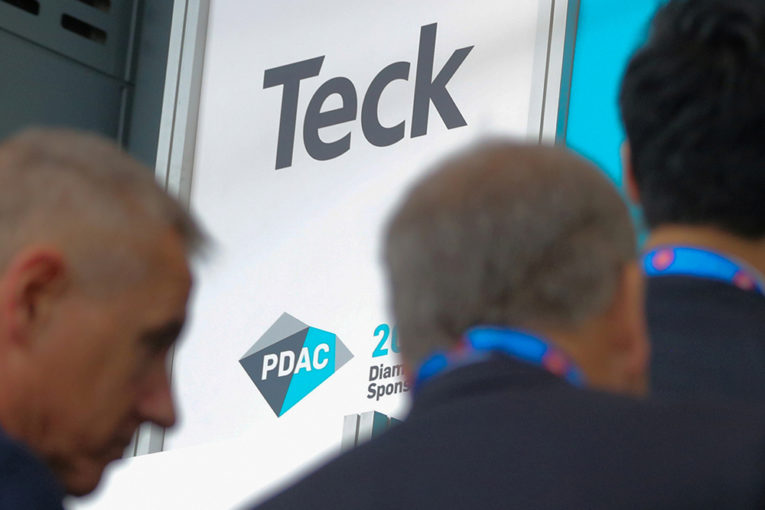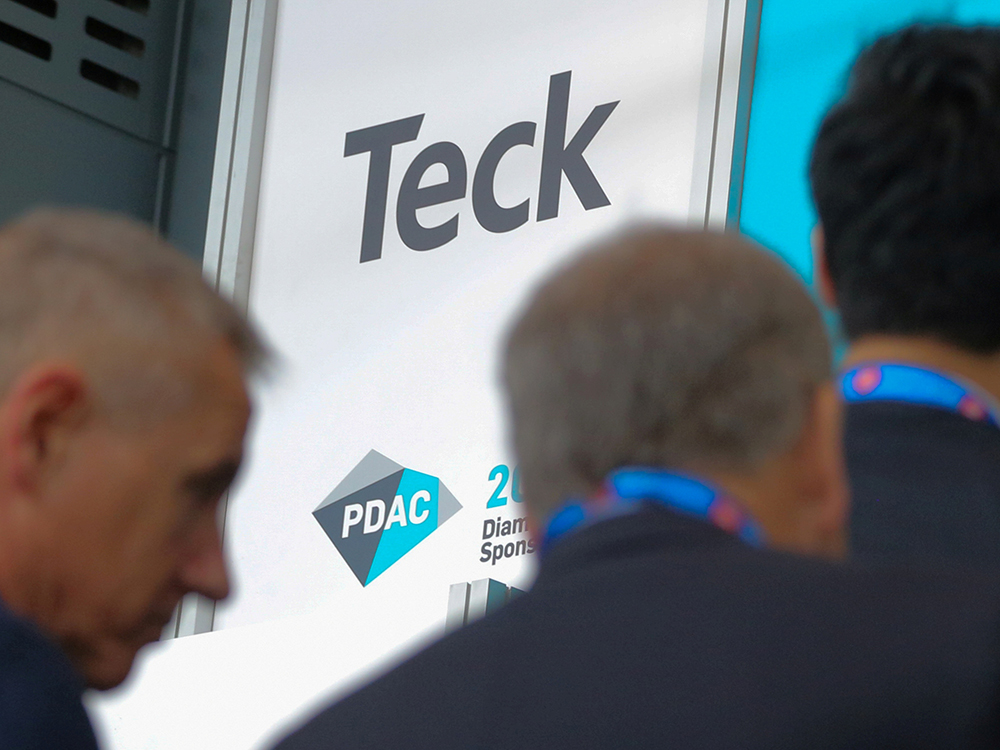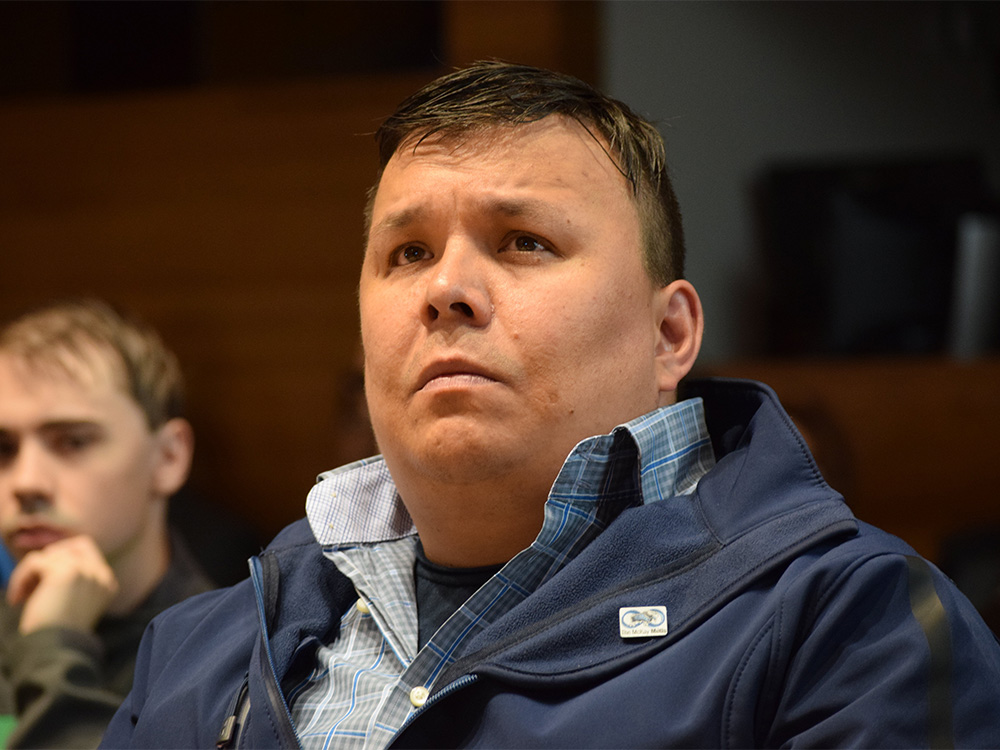

How utterly messed up is the resource development process in Canada a company spends more than nine years and $1.1 billion trying to get an oilsands project approved by the federal government, only to walk away days before a final decision is delivered?
The answer is obvious. It’s busted.
How else to explain the news that Vancouver-based Teck Resources Ltd. has given up on getting federal approval for its
proposed $20.6-billion Frontier oilsands mine
, less than a week before Ottawa was expected to render a decision.
But that didn’t seem to matter.
Just like Texas-based Kinder Morgan gave up in 2018 trying to get the Trans Mountain expansion across the finish line after spending just over $1 billion on the project
— leaving Ottawa to buy the pipeline — or when TransCanada tossed in the towel on Energy East in 2017 (and recorded a $954-million charge), Teck threw up its hands.
Then it headed for the exits.
“Literally over the past few days, it has become increasingly clear that there’s no constructive path forward,”
Teck CEO Don Lindsay said Monday at an investment conference.
“The project has landed squarely at the nexus of a much broader national discussion on energy development, Indigenous reconciliation and, of course, climate change. So we are stepping back.”
No constructive path forward — this should be Canada’s motto for major energy projects.
You can spend the money and wait your turn, but the odds sure don’t look good in this divisive debate over balancing energy and environment.
It also comes as the
blockades tied to the Coastal GasLink pipeline project
continue, and other energy battles are ongoing, such as over Trans Mountain.
What message does this send to investors? Stay away.
Who spends $1 billion and then bails out on project approval without getting a final answer? A company that looked at the landscape and thought it’s just not worth the blowback, that a flat rejection — or a yes with more delays and complex conditions — simply wasn’t acceptable.
“It’s a direct repudiation of the absolute political circus our country appears to be in right now – political uncertainty, economic uncertainty,” said Mark Scholz, president of the Canadian Association of Oilwell Drilling Contractors.
“It’s far bigger than Teck,” added Tim McMillan, head of the Canadian Association of Petroleum Producers. “This sort of late-stage political barrier really sours the opportunities for Canada.”
There has obviously been an inordinate amount of politics played over Frontier from all sides. Surely there has to be a sensible path forward that doesn’t take a decade to reach.
A joint federal-provincial panel said Frontier was in the public interest. No matter.
It’s not just Teck and its shareholders who are the losers. It’s also the people who live in the Fort McMurray area hoping for a bit of momentum for the region, and the various levels of governments that stood to generate more revenue — if Frontier was ever built.
It’s the 14 Indigenous groups in the area that signed agreements with the company and were anticipating jobs and economic benefits from the development.

“
It’s absolutely devastating.
This is almost a national crisis in terms of what we are facing,” Ron Quintal, president of the Fort McKay Metis Nation, said Sunday night.
“We were so close. It almost seems like we tripped on the finish line.”
Fort McKay First Nation Chief Mel Grandjamb said in a statement Monday that revenue from Frontier-related enterprises would have provided support for an elder’s long-term care centre and a new primary school.
Some will say the company never would have built the massive oilsands mining project even with a federal green light.
Many analysts were deeply skeptical about the economics. Frontier needed a project partner, more pipelines and global oil prices well above today’s US$51 a barrel to go ahead.
But think about this for a moment. On Friday, Teck’s CEO said they were going to wait for a decision, adding it was anyone’s guess what would happen.
“I think we’ve come this far, we’re just going to wait and see what the answer is,” Lindsay said on an analysts’ call.
By the end of the weekend, it decided to withdraw its application. Obviously, the long-term economics didn’t suddenly shift in a 48-hour period.
Premier Jason Kenney, whose government won a key court ruling in the Alberta Court of Appeal Monday against Ottawa over the federal carbon tax, said he spoke with Teck’s CEO on the weekend about the project.
“What actually happened was this. The federal government let Teck know that there would not be a yes-no decision on the application this week, but rather it would be deferred to some point in the future, creating even greater uncertainty,” Kenney told reporters.
“I believe had it not been for that uncertainty, they would have proceeded with the project.”
In an interview, federal Environment Minister Jonathan Wilkinson flatly rejected any assertion Ottawa had decided to delay the decision on Frontier.
“That decision had not even been made,” he said.
Wilkinson noted the letter he received Sunday from Lindsay talked about how capital markets are changing and investors are looking for a way to reconcile climate and resource issues.
The CEO was essentially saying “Teck didn’t want to be a political football here,” he added.
For Quintal, there’s plenty of blame to go around. He’s not interested in that fight.
Instead, it’s time to end the tug-of-war over resource development and have a rational debate that allows projects that have done the work — like Frontier — to move ahead under Canada’s climate efforts.
“This is a crisis,” he said.
“Court battles and legal challenges aside, we’re just wasting our energy in terms of fighting each other, when from a national unity perspective, we could be trying to find a better path forward.”
Chris Varcoe is a Calgary Herald columnist.
You can read more of the news on source
